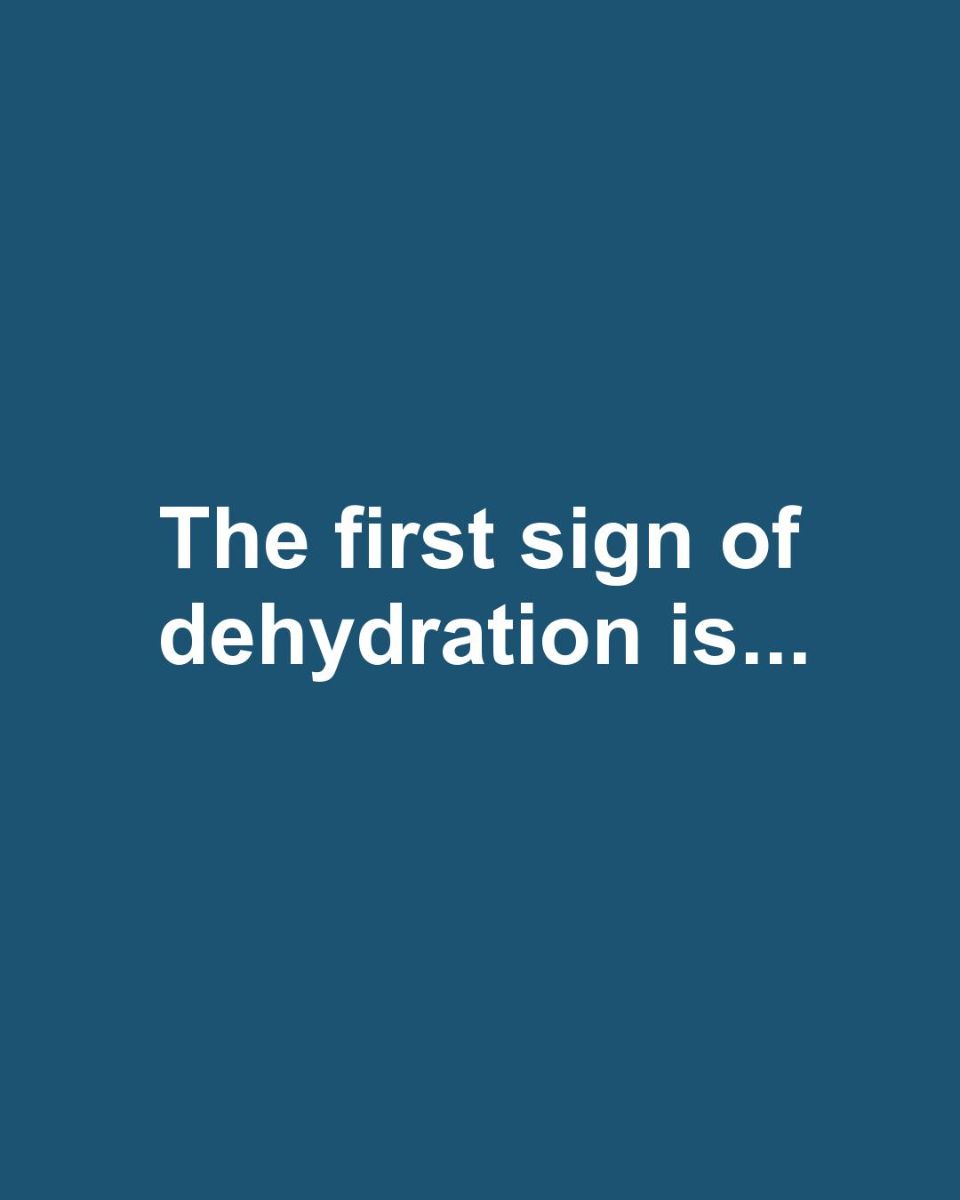The First Sign of Dehydration: Thirst

Know the signs in advance!
The first and most immediate sign of dehydration is often a sensation of thirst. Thirst is the body’s natural mechanism to signal the need for more fluid intake. It serves as an early warning system, prompting individuals to drink water before dehydration becomes more severe.
How Thirst Signals the Body’s Need for Water
Thirst is regulated by the hypothalamus in the brain, which monitors the body’s fluid balance. When the body detects a decrease in fluid levels or an increase in the concentration of solutes in the blood, it triggers the sensation of thirst. This physiological response encourages individuals to consume fluids to restore equilibrium.
Other Early Symptoms Accompanying Thirst
Alongside thirst, other early symptoms of dehydration may include a dry or sticky mouth, reduced urine output with darker coloration, fatigue, and lightheadedness. These symptoms indicate that the body is beginning to conserve water and prioritize essential functions over others.
The Science Behind Thirst and Dehydration
The science of thirst involves complex interactions between the brain, kidneys, and various hormones. When dehydration begins, the body releases antidiuretic hormone (ADH) to reduce urine production and conserve water. Meanwhile, the sensation of thirst drives behavior to increase fluid intake, helping to restore homeostasis.
Preventing Dehydration Through Proper Hydration
Preventing dehydration involves maintaining adequate fluid intake throughout the day, especially during activities that increase fluid loss. Drinking water regularly, consuming hydrating foods like fruits and vegetables, and being mindful of environmental conditions can help maintain optimal hydration levels.
When to Seek Medical Attention for Dehydration
While mild dehydration can often be managed by increasing fluid intake, severe dehydration requires medical attention. Signs of severe dehydration include extreme thirst, confusion, rapid heartbeat, sunken eyes, and fainting. If these symptoms occur, it is important to seek medical care promptly to prevent serious complications.
Conclusion: Staying Hydrated for Optimal Health
Staying hydrated is essential for maintaining health and preventing dehydration-related complications. By recognizing the early signs of dehydration, such as thirst, and taking proactive measures to ensure adequate fluid intake, individuals can support their body’s functions and promote overall well-being. Remember, hydration is a key component of a healthy lifestyle.
Pages: 1 2
